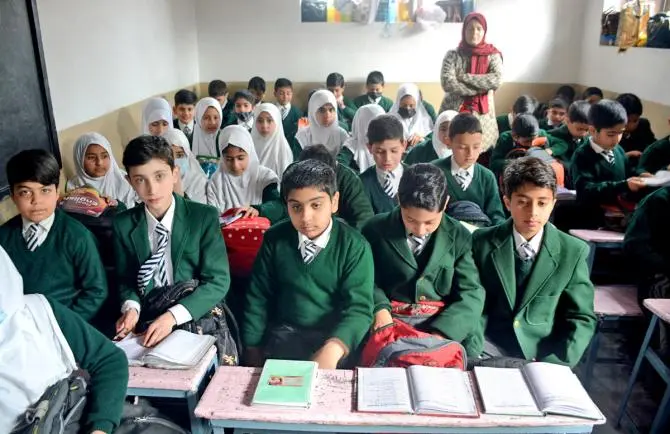Bihar bucks national trend with school expansion as India sees 23,000 closures in five years
By Administrator | Education | 23-Aug-2025 15:31:52

News Story
India’s government school landscape has undergone a sharp churn in the past
five years, marked by expansion in a handful of states but a far larger wave of
closures nationwide. Official data shows that while 8,619 government schools
were added between 2019-20 and 2023-24, nearly three times as many — 23,529 —
were shut down or merged during the same period.
Bihar drove the expansion, accounting for
two-thirds of all new schools with 5,510 additions. Rajasthan followed with
2,573, while states like Chhattisgarh, Tamil Nadu, Manipur, Mizoram, Telangana
and Sikkim made smaller gains.
Yet, the overall number of government schools
in India fell from 10.32 lakh in 2019-20 to 10.17 lakh in 2023-24. The steepest
contraction came in Madhya Pradesh, which reported 6,972 fewer schools,
followed by Odisha (4,589), Jammu & Kashmir (4,380) and Assam (2,149).
Bihar’s growth was most visible in 2019-20 and
2022-23, when it added nearly 5,500 schools combined, pushing its total to
78,120 by 2023-24. In contrast, West Bengal (1,149), Maharashtra (729) and
Delhi (74) reported declines, while Lakshadweep — with the smallest network in
the country — lost 8 of its 37 schools.
Uttar Pradesh continues to have the largest
government school system with 1.37 lakh institutions, despite a net reduction
of 536 schools in the past five years.
The data, sourced from the Unified District
Information System for Education Plus (UDISE+), does not differentiate between
closures and mergers. Under the Right to Education Act, decisions to open, shut
or consolidate schools lie with state governments, though the National
Education Policy (2020) warns that consolidation must not come at the cost of
access.
Some states argue that merging schools improves teacher-student ratios and learning outcomes, while in sparsely populated or remote regions, the Centre provides transport aid of up to ₹6,000 per child annually for classes up to X.